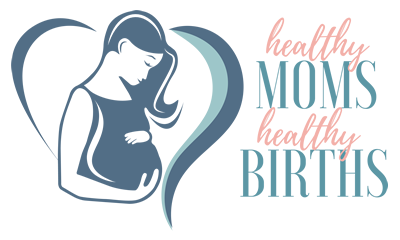Solvents might pose risks to your baby. Until more is known about the risks of specific solvents, you should limit exposure to them during pregnancy. Find out more below so you can make an informed decision. Right from the start.
What are solvents?
Solvents are chemicals like paint thinner, lacquers, stains, and other liquids used to dissolve other substances. You could be exposed to solvents through:
-
Labs
-
Printing shops
-
Painting
-
Working at dry cleaners
-
Metalworking
-
Oil and chemical industry work
-
Art supplies
-
Work as a cosmetologists, beautician, or nail salon technicians
What do we know?
-
Guidelines for how much exposure to solvents is safe has been developed for some solvents but not for pregnant women
-
Many solvents have no safety guidelines developed
-
Some studies have linked certain solvents with birth defects, miscarriages, low birth weight, and preterm birth.
-
The studies linking solvents to these problems are limited and results differ because workers may use more than one solvent at a time and it is hard to know which solvent is causing a problem
-
The unknown risks cause most experts to tell pregnant women to limit their exposure to solvents
How to limit exposure
The Center for Disease Control (CDC) as well as the March of Dimes cautions pregnant women avoid or limit exposure to solvents in these ways:
-
If you work with solvents at your job, talk to your boss. Tell her you’re pregnant. You may be able to change job responsibilities to help keep you and your baby safe during pregnancy.
-
Air out your work area. Open a window or use a fan.
-
Wear safety clothes, like gloves and a face mask.
-
Don’t eat or drink in your work area. Wash your hands before eating.
If you’re still not sure about the safety of your workplace, talk to your doctor or contact the CDC’s Reproductive Health and the Workplace Center here.


